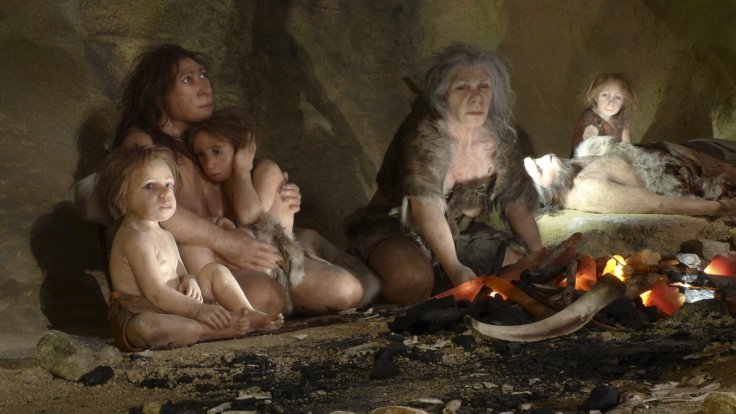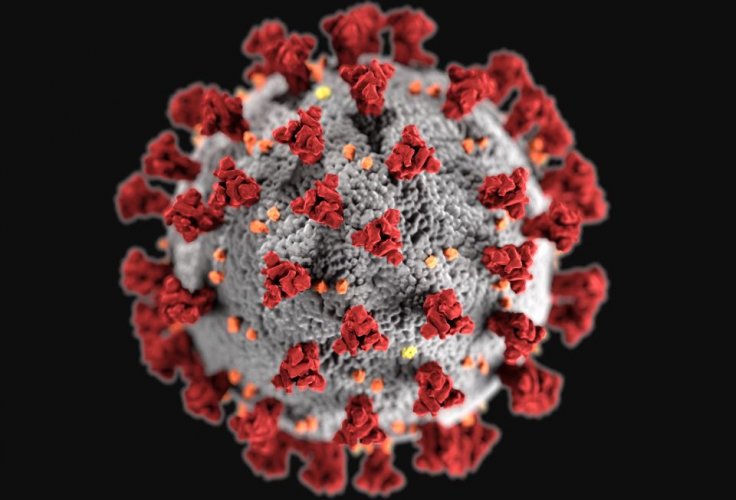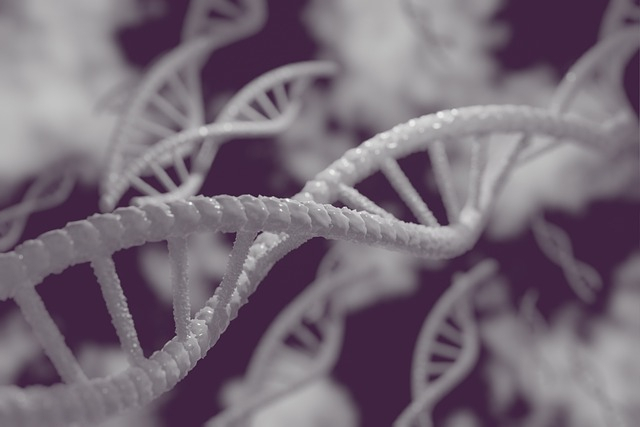As the global Coronavirus cases surpassed 11,000,000 marks, international researchers made an unbelievable discovery related to the virus. Hugo Zeberg and Svante Paabo said in their new study that a stretch of DNA linked to the disease caused by novel Coronavirus was passed down from Neanderthals 60,000 years ago.
Even though the scientists did not know why this particular segment increases the risk of severe illness from the virus, the findings, which were published before peer-review in bioRxiv, have shown some clues to modern health stem from ancient history.

The scientists explained that as per their study a gene cluster on chromosome 3 has been identified as a "risk locus for respiratory failure in SARS-CoV-2." Researchers found that the variant is now common in the Asian country Bangladesh, where 63 percent of people carry at least one copy.
The study has revealed that the frequency of contracting the infection is higher in the people from South Asia, almost 30 percent, than in Europe, where the ratio is nearly eight percent, as the piece of the genome is prevalent in South Asia. But in Africa, it is almost completely absent. However, it is not revealed yet what evolutionary pattern produced this distribution over the past 60,000 years.
Understanding Novel Coronavirus
Early reports have revealed that older people are more likely to become severely ill than the young generation, and men are at more risk. In the U.S., African Americans are far more likely to become ill from the virus and genes play a huge role.
When researchers compared COVID-19 patients in Italy and Spain, they found two places in the genome associated with a greater risk. But these genetic findings are being rapidly updated as more infected people are studied.

After the new batch of data came out, which showed an even stronger link between the disease and the Chromosome 3 segment, Zeberg, a geneticist at the Karolinska Institute who was one of the authors of the new study, decided to find whether the Chromosome 3 segment was passed down from Neanderthals.
Neanderthals: The Ancestors
Thousands of years ago the ancestors of modern-day humans moved out from Africa and swept across Europe, Asia, and Australia. They encounter Neanderthals and then interbred, after which the gene of the extinct species entered the gene pool and spread down through the generations.
Experts claimed that Neanderthal genes turned out to be harmful to modern humans and made it harder to have children. As a result, slowly the Neanderthal genes became rare and some have already disappeared from the gene pool, while some of the genes became quite common in modern humans.
Zeberg and the co-author of the new study Paabo, the director of the Max Planck Institute for Evolutionary Anthropology in Leipzig, Germany and others discovered that one-third of European women have a Neanderthal hormone receptor, associated with the increase in fertility and fewer miscarriages.

Zeberg knew that other Neanderthal genes that are common today help humans fight viruses. When modern humans moved to Asia and Europe, they encountered some viruses against which Neanderthals had already evolved defenses.
But when Zeberg looked into Chromosome 3 in an online database of the Neanderthal genome, he found the version which raises the risk of severe COVID-19 is the same version found in a Neanderthal who lived in Croatia 50,000 years ago.
There is a possibility that an immune response which worked against ancient viruses has ended up overreacting against the SARS-CoV-2. Zeberg, who along with other researchers is studying more COVID-19 patients, said that the 60,000-year journey of this chunk of DNA in modern humans might help explain why it is so dangerous today and added that "Its evolutionary history may give us some clues."









